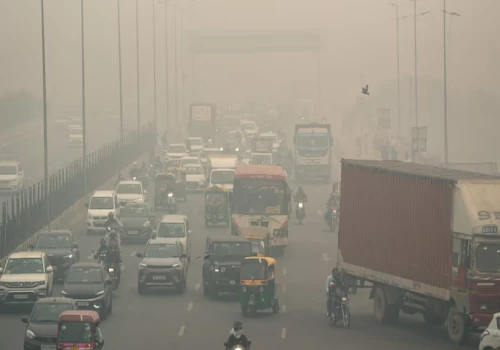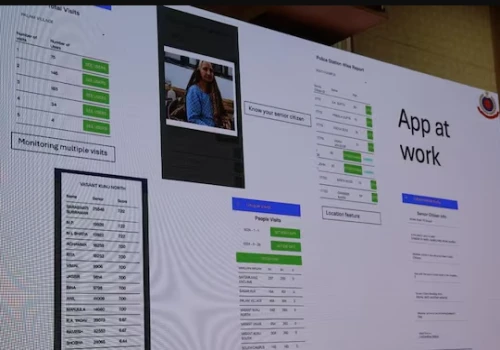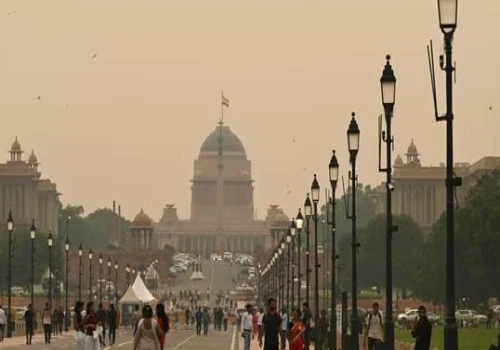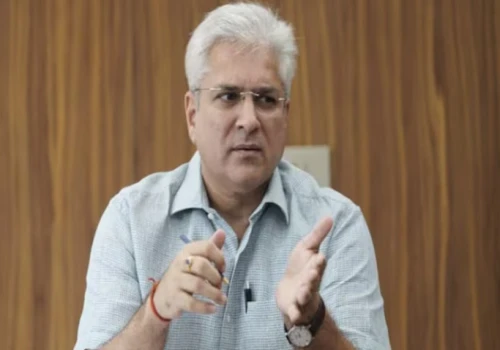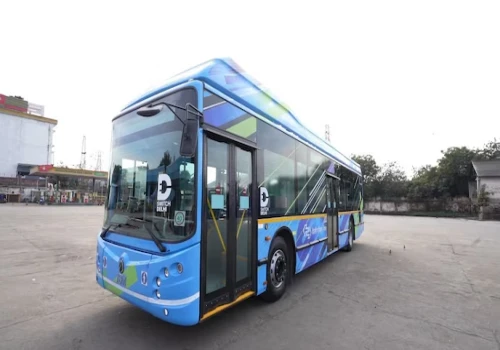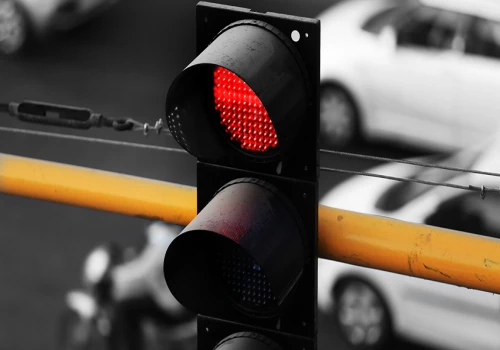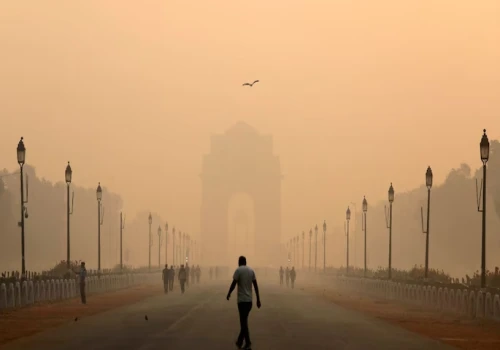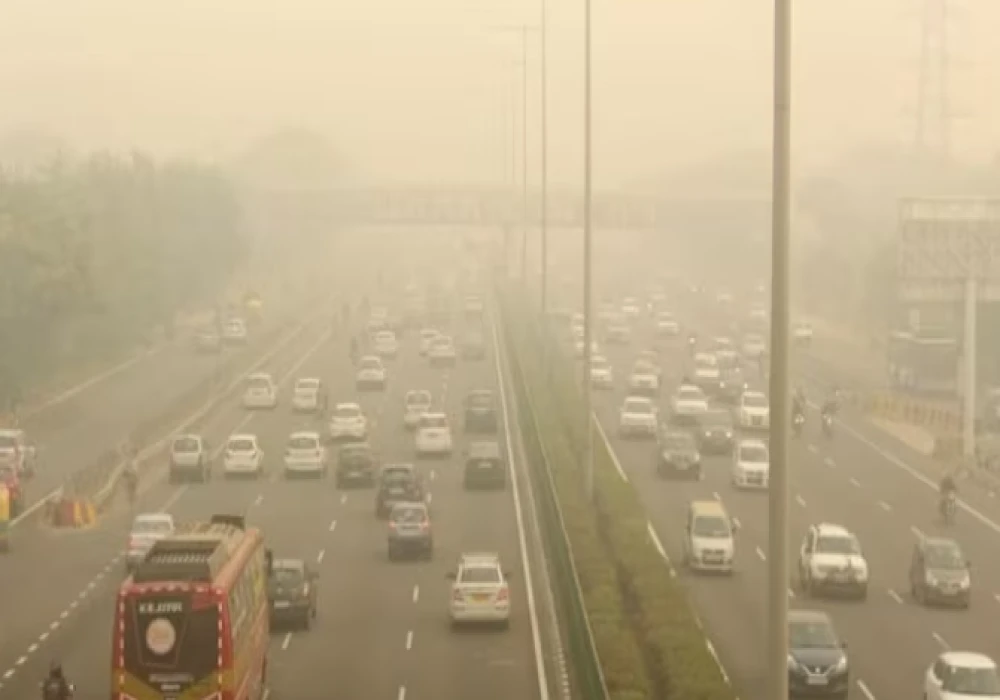
Delhi is struggling with very bad air quality, especially after Diwali. A new survey says that 69% of families in Delhi-NCR have members who are suffering from health problems caused by air pollution. These problems include sore throats and coughs.
On Diwali night, the air pollution levels in Delhi reached extremely high levels, with the Air Quality Index (AQI) hitting a shocking 999 in some places. This means the air was very unhealthy to breathe.
The survey was done by Local Circles, which is a digital platform. It got answers from over 21,000 people living in Delhi-NCR. The survey shows that many people are affected by pollution. For example, 62% of families reported having members with burning eyes because of the bad air. Also, 46% said someone in their family has a runny nose or congestion.
The survey found that 31% of people have trouble breathing or have asthma. Another 31% reported headaches. About 23% said they feel anxious or have trouble focusing, and 15% said they have trouble sleeping. However, 31% of the people said they or their family members do not have any pollution-related problems.
The survey warns that with many people already having coughs and colds, the poor air quality could make their health worse. Those with existing respiratory issues like asthma, bronchitis, and chronic obstructive pulmonary disease (COPD) are especially at risk due to the hazardous AQI levels.
How Are Residents Coping with Air Pollution?
The survey also asked how people in Delhi-NCR are preparing to deal with the worsening air quality, which is currently at an AQI level of 300-500 and might get worse in the coming week. Out of more than 10,600 people who responded, 15% said they plan to leave the city for some time. Meanwhile, 9% said they will stay indoors and eat foods that may help boost their immunity. Another 23% plan to use air purifiers while staying inside.
Responses show different ways that people are trying to handle the pollution. About 15% of people will keep their usual routines and wear masks when outside. Another 15% will do this while also eating immunity-boosting foods. Only 23% plan to depend on air purifiers, while many people seem ready to cope with the pollution without much change in their daily lives.

